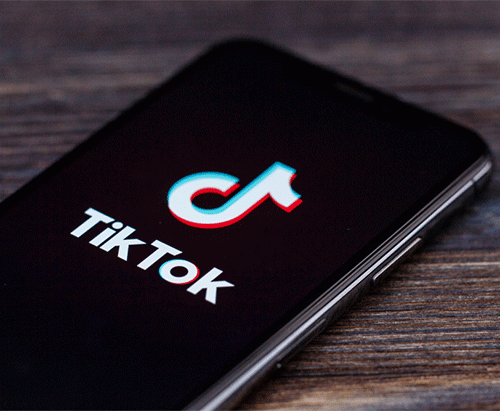TikTok launches e-commerce in U.S.
TikTok has made its long anticipated deep dive into e-commerce.
The video-focused social media platform, which says it has more than 150 million U.S. users, has launched its e-commerce offering, TikTok Shop, in the United States. TikTok has been testing the e-commerce feature since last November.
TikTok Shop will bring shoppable videos and livestreams directly to user “For You “feeds across the country, with selling tools for retailers, brands and content creators. Customers can shop tagged products directly from videos and livestreams in their For You feed. A product showcase feature enables customers to browse product tiles, read reviews, and purchase directly from a brand's profile. In addition, customers can manage orders, all within a single tab.
Meanwhile, businesses can curate custom product collections directly on their profile page, and an affiliate program enables content creators can connect with sellers through new commission-based product marketing opportunities. Creators can share products in short videos and livestreams, and sellers can choose an affiliate plan to sell them.
“TikTok Shop empowers brands and creators to connect with highly engaged customers based on their interests, and it combines the power of community, creativity, and commerce to deliver a seamless shopping experience,” the company said in a blog post.
In addition, new TikTok Shop Ads let sellers to promote their TikTok shops, and a new hosted logistics solution provided in partnership with fulfillment and distribution platform Flowspace stores, picks, packs, and then ships sellers' products to customers.
TikTok Shop lets retailers manage their TikTok Shop sales directly from e-commerce platforms including Shopify, WooCommerce, Salesforce Commerce Cloud, BigCommerce, and Magneto.
TikTok says it works with third-party payment platforms to facilitate transactions on TikTok Shop, and that all U.S. user data is stored in the US and managed by the federal United States Digital Service (USDS). The company also says it will use a combination of technology and manual moderation to enforce its U.S. e-commerce policies and will remove sellers and products it finds break its rules.
TikTok builds on e-commerce offering
Numerous retailers, including Walmart, have previously partnered with TikTok. Other recent examples include a Sephora initiative that will connect TikTok creators to select beauty brands, with the goal of helping them learn social content strategies through a series of educational training modules; as well as Chipotle promoting a new perk in its loyalty program with a TikTok competition.
According to the Q1 2023 Consumer Trends Report from e-commerce platform Jungle Scout, 43% of surveyed Gen Z consumers start their online product searches on TikTok, a higher number than those who start on Google.
TikTok attracts government attention
The Biden administration has been consistently continuing to express serious regulatory concerns, which began under the Trump administration. Citing possible connections between TikTok parent company ByteDance and the Chinese Communist Party, the Trump administration had been actively attempting to ban TikTok from operating in the U.S. unless it established a separate business with at least partial U.S. ownership.
In December 2022, Sen. Marco Rubio (R-FL) introduced bipartisan legislation to ban TikTok from operating in the United States. And in May 2023, Montana Gov. Greg Gianforte signed legislation that will make Montana the first state in the U.S. to completely ban any mobile app store from providing TikTok to any users in the state. The ban, set to take effect Jan. 1, 2024, focuses on app providers rather than app users, who do not face any penalty or punishment under its terms.
Both TikTok and the Chinese government have publicly denied any security risks for U.S. users. However, TikTok may be taking a new look at creating a separate U.S. operation that would include Walmart and Oracle.



